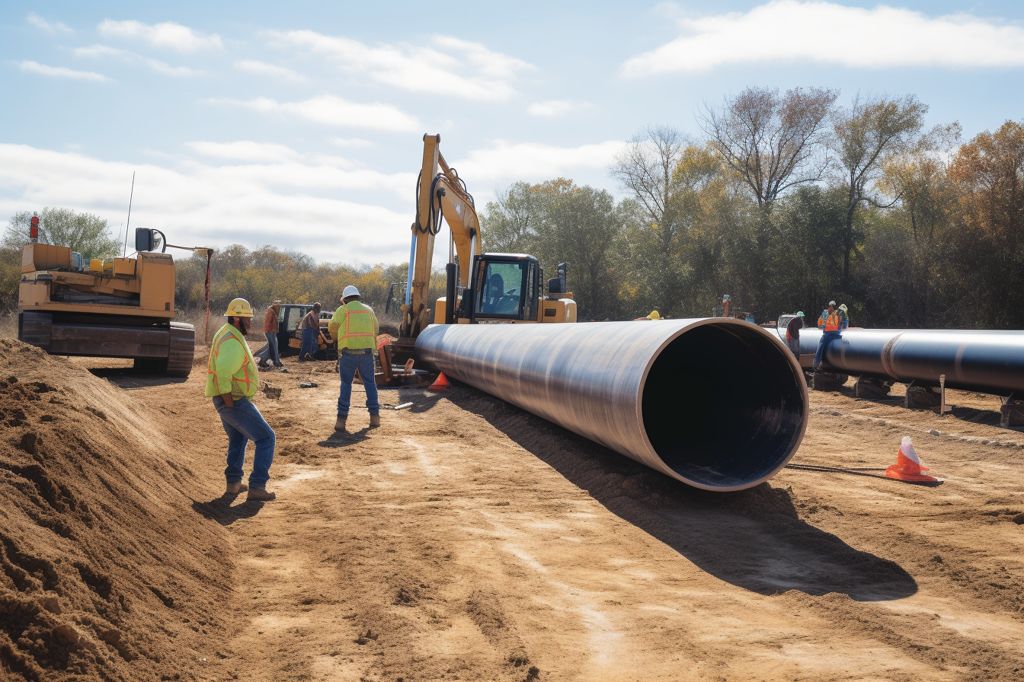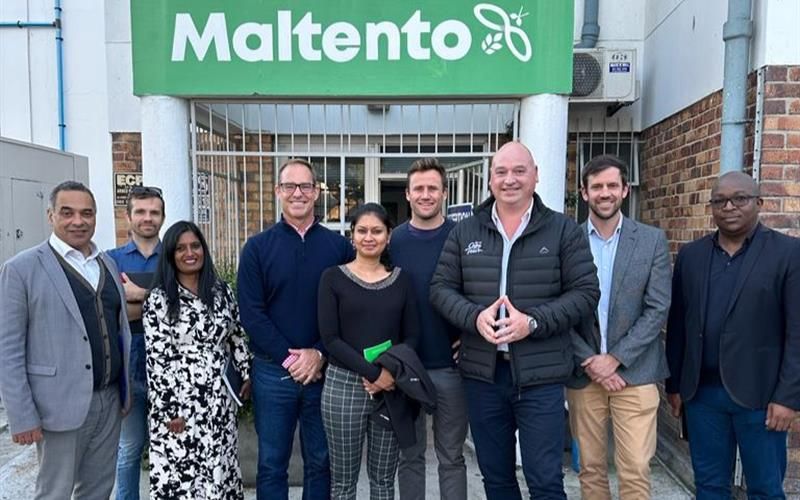The Loskop Bulk Water Supply Project is a significant initiative to address the water supply challenges experienced by communities in the Thembisile Hani Municipality and eight other villages in the Limpopo province of South Africa. The project is worth R1.67 billion and has five work packages, including laying 30 km of pipelines from Loskop Dam and constructing two water reservoirs, pump stations, and water treatment works.
Improving Water Supply for Communities
The project will benefit 21 villages, including Kwa-Mhlanga and Zakheni in the Thembisile Hani Local Municipality. The project will supply 20 megalitres per day to the communities of Thembisile Hani Municipality and three megalitres of water per day to the community of Moutse East in Limpopo. The aim is to provide sustainable water supply relief to the communities, significantly improving the residents’ quality of life.
Ensuring Access to Water
The Water and Sanitation Minister, Senzo Mchunu, has urged the Thembisile Hani Municipality to ensure that the water tankers being distributed to areas experiencing water supply challenges reach all communities without access to water. This will ensure that the water supply challenges experienced by the communities are adequately addressed.
Providing Sustainable Water Supply
The water abstracted from the Loskop Dam will be treated at the water treatment plant and stored in the reservoirs. The Water Service Authorities will then reticulate and distribute the water to the people of Thembisile Hani and those in Moutse-East in the Elias Motsoaledi. The project’s successful implementation will significantly improve the residents’ quality of life by providing them with a sustainable water supply.
A Crucial Step Towards Addressing Water Scarcity
Water scarcity is a significant challenge facing South Africa, and the government must take steps to address this issue. The Loskop Bulk Water Supply Project is a substantial step towards addressing this challenge. The project will significantly improve the residents’ quality of life by improving access to water in the Thembisile Hani Municipality and eight other villages in the Limpopo province.
The Loskop Bulk Water Supply Project is a commendable initiative to address the water supply challenges experienced by communities in the Thembisile Hani Municipality and eight other villages in the Limpopo province. The project’s implementation is a crucial step towards providing sustainable water supply relief to the communities and will significantly improve their quality of life. The government’s efforts to address the water scarcity issue in South Africa are commendable, and it is hoped that more such initiatives will be taken in the future.










